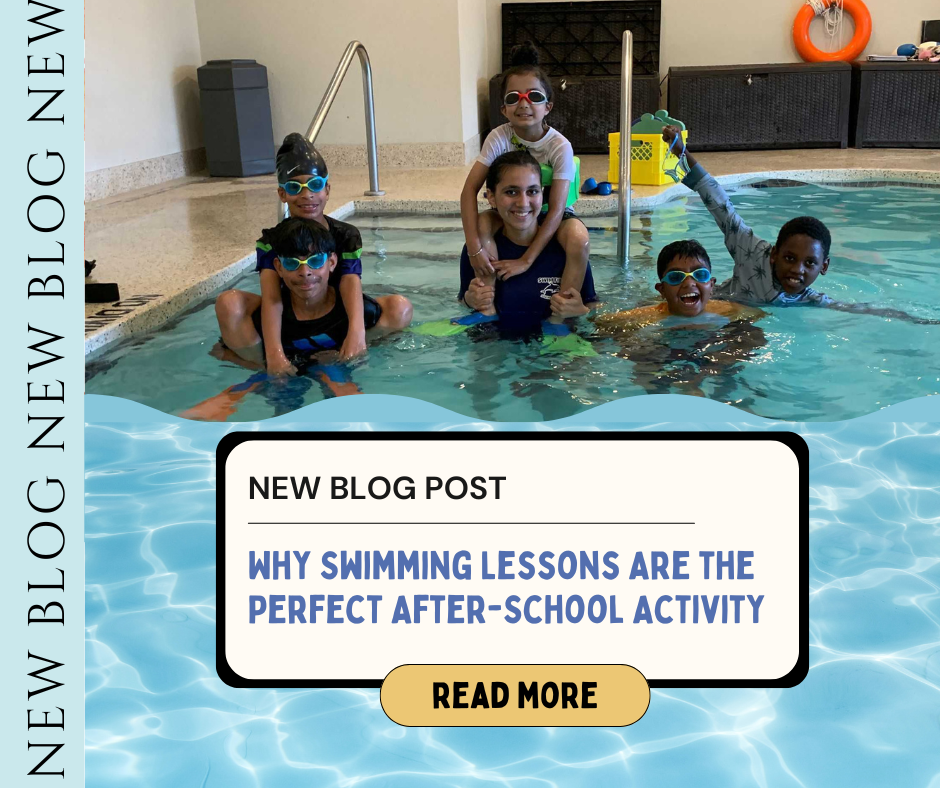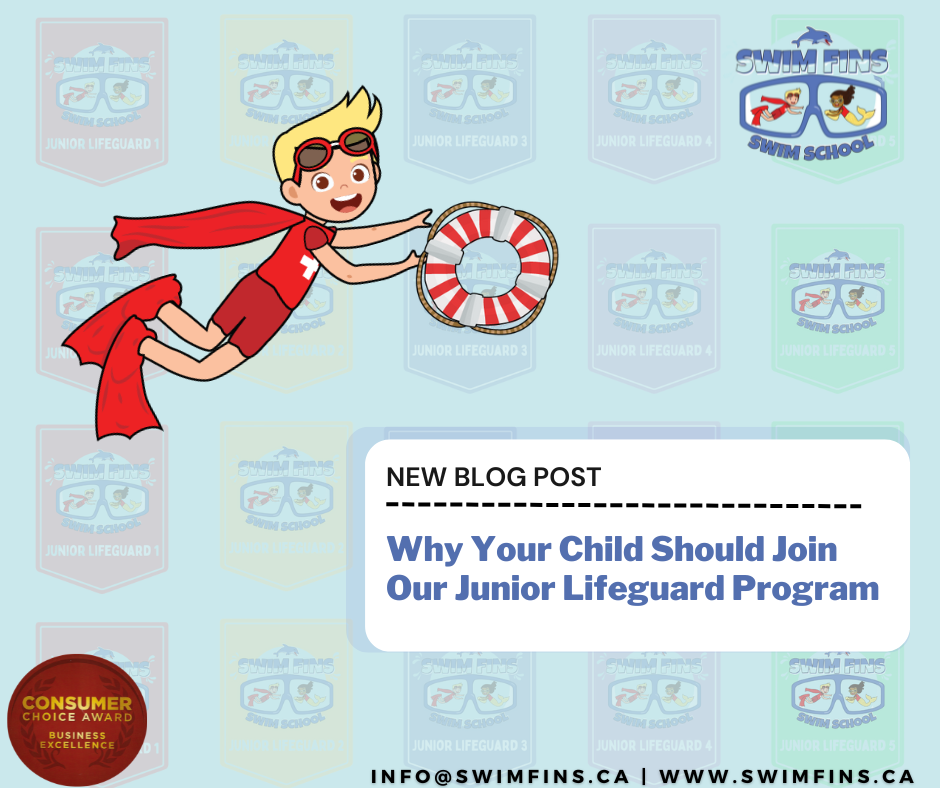Swimming is more than just a fun activity, it's a journey that builds confidence, comfort, and skills children can enjoy for life. At Swim Fins, we guide kids every step of the way, from their very first splash to advanced skill-building in our Junior Lifeguard Program. Our structured, progressive approach ensures each child gets the attention, instruction, and encouragement they need to succeed in the water.
1. Parent & Tot Program (6–36 months)
Our Parent & Tot Program introduces infants and toddlers to the water alongside their caregiver in a safe, playful environment. These early classes focus on water familiarity, basic movement, and comfort, while teaching children to enjoy the water safely. With warm pools, engaging activities, and professional guidance, little ones build trust and confidence from day one.
2. Preschool Program (3–5 years)
In our Preschool Program, children aged 3–5 develop water comfort and early swimming skills through play, exploration, and achievement-based progression. Small class sizes and engaging games ensure every child participates fully and makes steady progress, building coordination, independence, and enjoyment in the water.
3. School-Aged Program (6–12 years)
The School-Aged Program is designed to help children refine stroke technique, develop water safety awareness, and build endurance. Lessons combine skill development with fun, structured activities that keep every swimmer engaged. With maximum participation and professional instruction, children gain real capability and confidence they can use in all water activities.
4. Junior Lifeguard Program (Advanced Challenge)
For kids ready for more challenge, our Junior Lifeguard Program blends advanced swim skills with rescue techniques, first aid basics, leadership, and confidence-building exercises. This program prepares participants for future opportunities such as lifeguarding or swim instruction while helping them reach their full potential in the water.
Why Swim Fins Works
At Swim Fins, we take a unique approach that sets our programs apart:
Proven teaching system built on decades of experience
Small class sizes and warm pools (84–86°F) for comfort and focus
Maximum participation so every swimmer is active throughout the lesson
Certified instructors and lifeguards ensuring high-quality coaching and safety
Fun, goal-oriented activities that build skill and confidence
Ongoing communication with parents to track progress and celebrate milestones
This approach allows children to progress faster and enjoy every lesson, while giving parents confidence that their child is learning in a safe, supportive environment.
Find the Right Program for Your Child
Swim Fins offers year-round lessons in Richmond, Surrey, White Rock, Langley, Cloverdale, and Abbotsford. Whether your child is just getting comfortable in the water or ready to tackle advanced skills, there’s a program to meet them at their stage:
Swimming at Swim Fins is more than lessons it’s a journey that builds confidence, skills, and enjoyment in the water for life.
🏊♂️💙 Learn more and register today at www.swimfins.ca





















